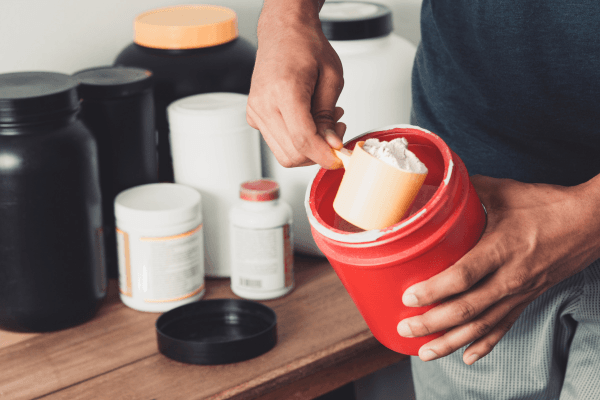People with diabetes have always been advised to eat at regular intervals and not forget to take their medications. However, during the month of Ramadan when people fast from sunrise to sunset, they have to make a number of changes to ensure they are safe. In particular they should not have hypoglycaemia (low blood glucose), high blood glucose, dehydration or any other life threatening complications like diabetic ketoacidosis (DKA) and hyperosmolar hyperglycaemic state (HHS).
Read this comprehensive article, which explains how to safely fast during Ramadan, if you have diabetes and also how to safely fast when we are being asked to isolate during coronavirus pandemic.
Please always consult your diabetes specialist near you before you make any changes to your medications.
Read our full blog here: https://www.thelondonobesityclinic.com/how-to-manage-diabetes-during-ramadan-a-diabetologists-advice/
Simplyweight’s Specialist Online Weight Loss Plan has been designed to bring decades of clinical experience to people at an affordable price. To learn more, start your 7-day free trial today: https://app.simplyweight.co.uk/subscribe/free-trial





